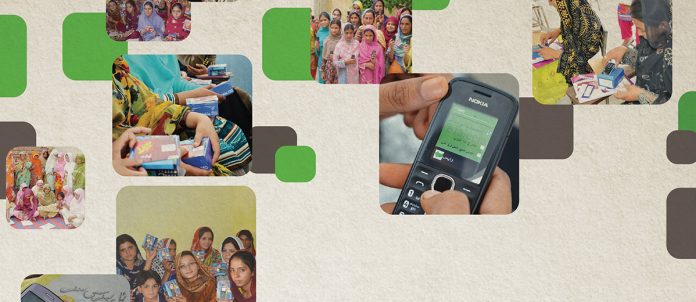UNESCO and Nokia Pakistan’s combined effort at providing professional training to teachers in remote areas through a specially designed mobile application continues to enlighten lives and forge destinies Pakistan, as a nation, has a long journey ahead to get to prosperity and to achieve its targets; it needs to tackle certain problems prevalent in the society.
One of the most alarming issues on the front line is the high rate of illiteracy. Despite unprecedented growth in its living standards, the country has failed to rid itself of abject poverty and high numbers of unemployment.
Economists link this phenomenon directly to the high number of youth who are unskilled and uneducated which leads to them being unable to get respectable occupations. In this world today, one of the major inequalities affecting the rural poor is the unequal access to quality education. Gender disparity is even greater in such regions; UNESCO’s Education for All Global Monitoring Report’s recent statistics (2012) revealed that Pakistan is alarmingly in the bottom 10 countries according to the percentage of rural poor females who have never had any form of education. 62% girls in Pakistan aged between 7 and 15 have never spent time in a classroom (two-thirds).
UNESCO together with Nokia realize that ‘‘no nation can rise to the height of glory unless their women are side by side with them’’, a quote famously uttered by the founder of our great nation, Quaid-e-Azam Mohammad Ali Jinnah.
In 2010, UNESCO and Nokia teamed up to uplift the prevalent education disparity in the rural regions by empowering women of these areas to attain basic education enabling them to better prepare for the difficulties ahead. The partnership enables the delivery of high quality education course material to teachers in these rural areas who then impart that knowledge on to their students.
The project was initiated under UNESCO’s ‘’Mobile Literacy training for Literacy Training of Rural Female Adults”, where Nokia agreed to provide its low-cost cell phones and a custom made app titled ‘eTaleem’. eTaleem allows people to easily access lessons for Urdu reading, phonetics, word synthesis, sentence making, and basic math.
The application is made available on all affordable Nokia S40 devices. The application allows teachers in rural areas to download and view UNESCO’s 20 teaching DVDs each covering a different topic/subject i.e. The World Around Us, Basic Maths, Basic English language and other general subjects. By enabling access to the high quality educational material via affordable mobile phones, Nokia broadens the reach of the UNESCO trainings to rural areas, supporting continued learning after the community classes’ attendance comes to an end.
Up till now, 2500 female learners in Khyber Pakhtunkhwa and Punjab have used the eTaleem application as a part of UNESCO’s literacy training of rural female adults programme.
The mobile learning project seeks to increase the capacity of rural female teachers and improve early childhood care by leveraging powerful and affordable technology in intelligent and sustainable ways. There is large potential in promoting literacy through ICT, as these mobile learning tools host a great potential to make a real difference in people’s lives by giving them easy access to quality education. People, especially youngsters, are naturally motivated to connect, communicate and obtain information from others. ICT devices facilitate them to get literate and empower themselves.
UNESCO’s programme has so far received various accolades from government agencies as well as private sector and plans are now in place to incorporate it on a larger level so that more lives can be positively affected and more females of this country can stand up and make a positive contribution to the economy.

